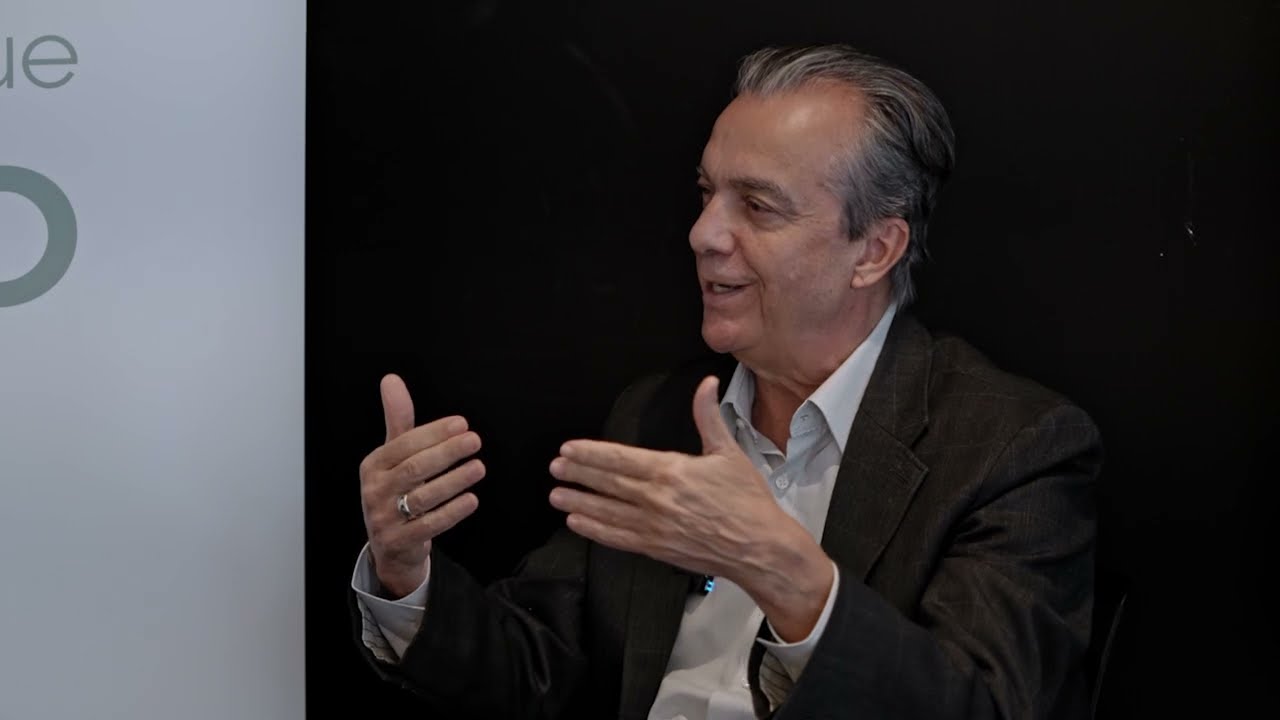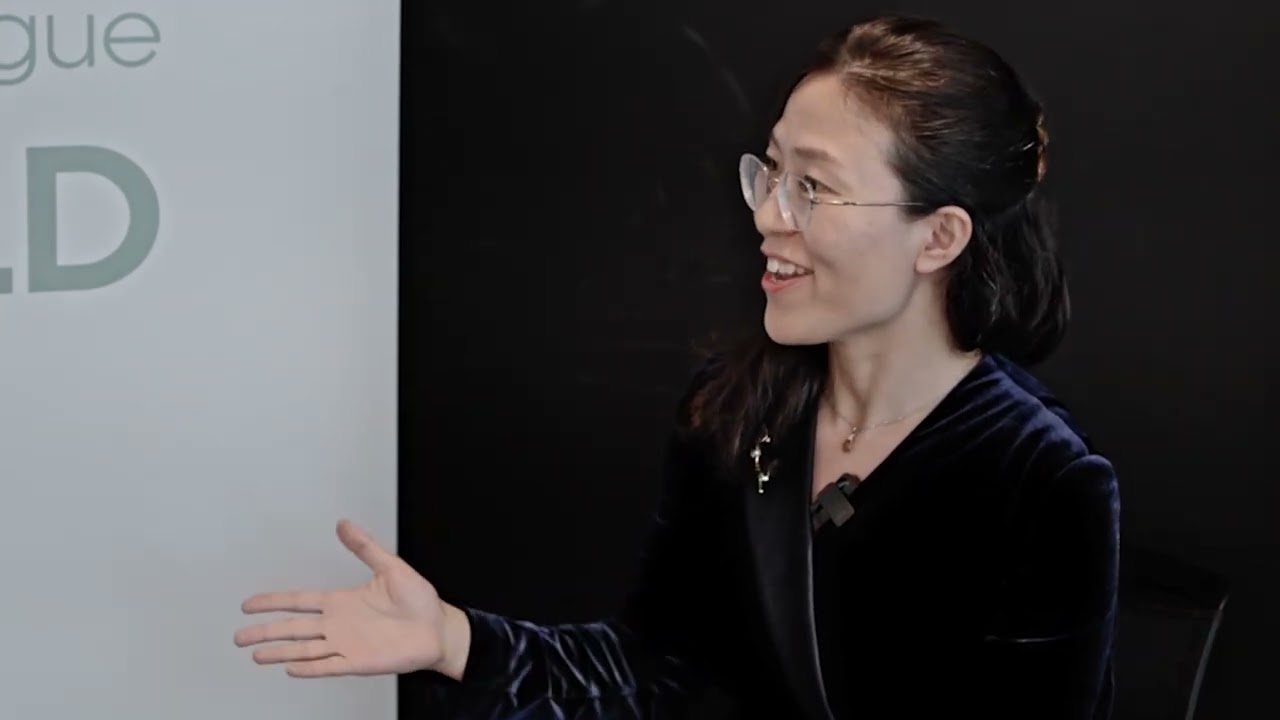Future Leaders Programme 3: Development Banking, Climate Finance, and Production Strategies


About
Future Leaders Programme 3: Development Banking, Climate Finance, and Production Strategies (27-31 May 2024, London).
There is surprisingly little discussion of how to link development finance with concrete production strategies. This was the theme of our third Future Leaders Programme.
These workshops are brought alive by the interaction between the participants, who bring their real-world policy dilemmas, and experts who bring a theoretical grounding and knowledge of global practice.
We were honoured to welcome an amazing line-up of speakers:
- DLD Co-Director Jonathan Di John (SOAS) led us through the many advantages development banks have in providing long-run finance to underwrite the risks (and inevitable failures) involved in learning and innovation, as well expert sectoral staff to monitor projects;
- Antonio Andreoni and DLD Co-Director Ha-Joon Chang (SOAS) teamed up to talk about the importance of production strategies and basing these on discussions with real businesses;
- We were lucky to have Joao Carlos Ferraz (UFRJ) bring Brazil's experience alive through a set of policy case studies. He insisted that development banks are often 'winners' even when they appear to be 'losing', thanks to the accumulation of experience that may be applied to future initiatives;
- Ulrich Volz (SOAS) presented a hugely practical 'toolkit' for what central banks can do beyond narrow mandates to guide production strategies;
- A particular highlight was Jiajun Xu's (University of Peking) sessions explaining the role that China Development Bank has played in that country’s rapid economic growth and green transition. Jiajun’s work building the first global database of development banks was also a focus for fruitful discussion throughout the week.
- Amir Lebdioui (University of Oxford) talked about the role of development banking in decarbonisation, after he and DLD Co-Director Christopher Cramer (SOAS) discussed fundamental uncertainty as a key context of development banking;
- Daniela Gabor (UWE) gave us a whistle-stop tour of the issues with the ‘de-risking' agenda;
- Paddy Carter (British International Investment) and Matt Robinson (British International Investment) challenged us with an exercise on how to prioritise impactful investment;
- Christian Garve (KwV) led a fascinating discussion about KwV and the very purpose of development banking in light of geo-political rivalries:
- Natalya Naqvi (LSE) helped us get to grips with the implications of the rise of index investments.
Key takeaways
- Development banks are pretty cool 😀 and all countries can benefit from access to an institution which delivers against these functions – especially as policy space is opening up.
- Strategic ‘big push’'s work – when a country identifies the productive sectors it wants to develop and goes all in to deliver the finance and institutional ecosystem to support it.
- Political economy matters – whether assessing the motivations of donors or designing policy instruments, it helps to focus on what is in this and for whom?
Header image credit: micheile henderson via Unsplash.
FLP Interviews
In the sidelines of the workshop, DLD Co-Directors Christopher Cramer and Ha-Joon Chang took the opportunity to chat to Jiajun Xu and Joao Carlos Ferraz in a little more depth. You can watch the interviews here:
About the Future Leaders Programme
Future Leaders Programme (FLP) workshops bring together a small number of people who are expected to be in senior leadership positions in the coming years for a workshop involving lectures, discussion sessions, and debates.
Each FLP workshop has a key theme and/or regional focus and is led by presenters with a wealth of senior experience in government, academia, the private sector, civil society, and international organisations.






